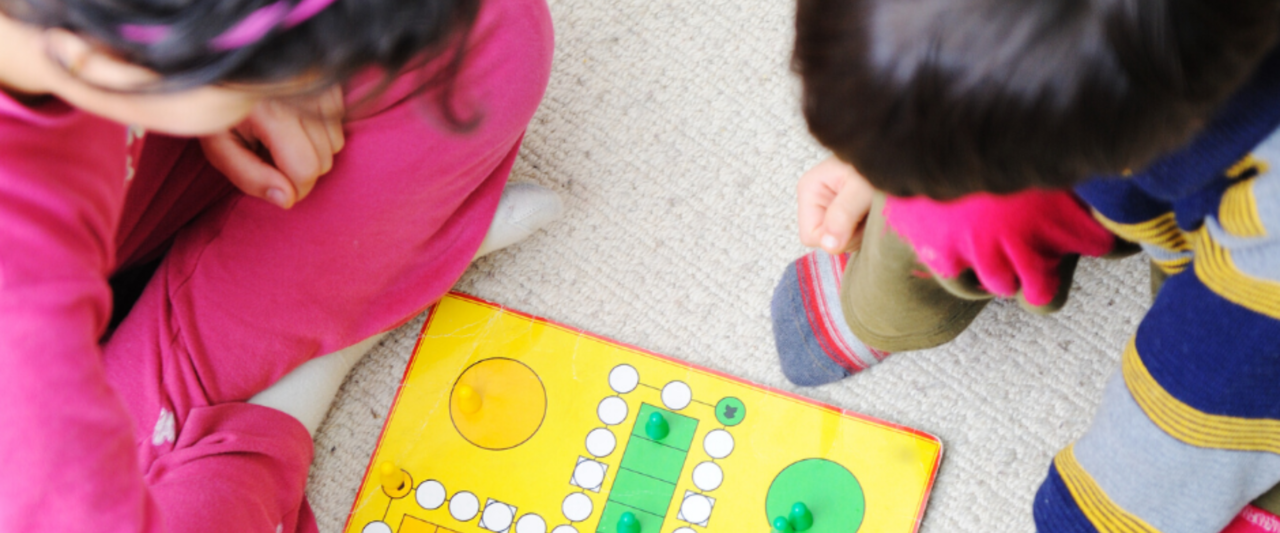Child & Parent Place Legal Points
Child & Parent Place (CAPP) makes every effort to comply with the terms of Court Orders or formal Agreements. We follow the regulations specified by the Ministry of the Attorney General, which is our principal funder. Greatest success is achieved when terms of orders and agreements are drafted in the context of our hours and conditions of operation.

Court Orders and Voluntary Agreements
Child & Parent Place must receive typed, signed and endorsed court orders. Orders and agreements must state the current custody arrangement, even if the arrangement is for the interim, as well as specifying whether access is supervised exchange or supervised visit. Specifying the frequency of visits (weekly or bi-weekly) and the duration of visits (we can accommodate from 1 to 2 hours /week maximum) is helpful in reducing conflict between parties.A mechanism for reviewing the need for supervised access is suggested.
Children's Aid Society Involvement
In accordance with the Best Practice of the Ministry of the Attorney General’s Office Supervised Access Program: MAG supervised access programs will never supervise clients under CAS investigation; service will not be provided until the investigation is completed or the involuntary file is closed. Supervised access programs do not accept cases that involve protection issues/preliminary inquiries/investigations or supervision orders under the CFSA. When a file closes with the CAS, CAPP requires written confirmation of file closure.
Bail Conditions, Peace Bonds, Restraining Orders
In cases where there are bail conditions restricting contact between parties and/or the children, the Centre may still consider to provide services if there is a family court order that allows for exceptions to these conditions for the purposes of supervised access, and/or if the original conditions are varied for the purposes of supervised access. A copy of any current peace bonds or restraining orders must be given to CAPP staff.
